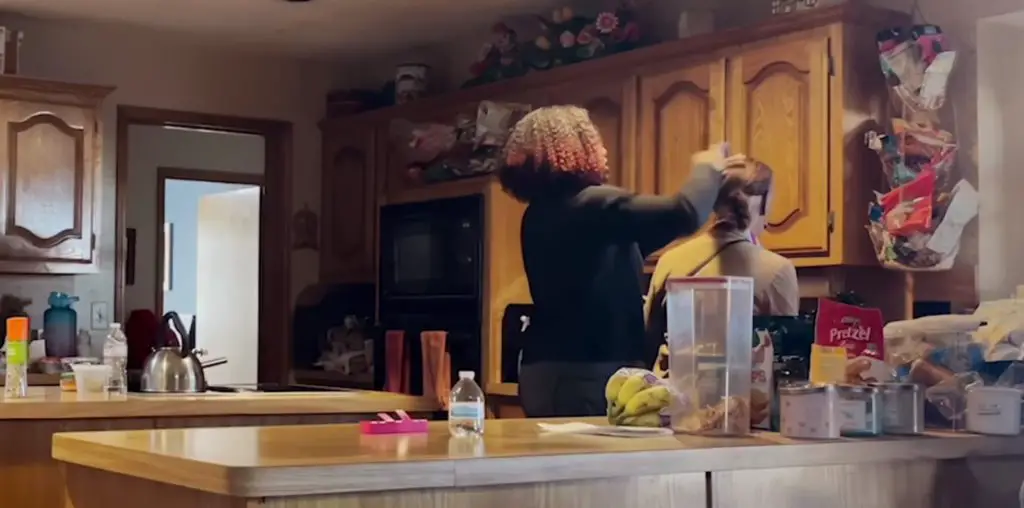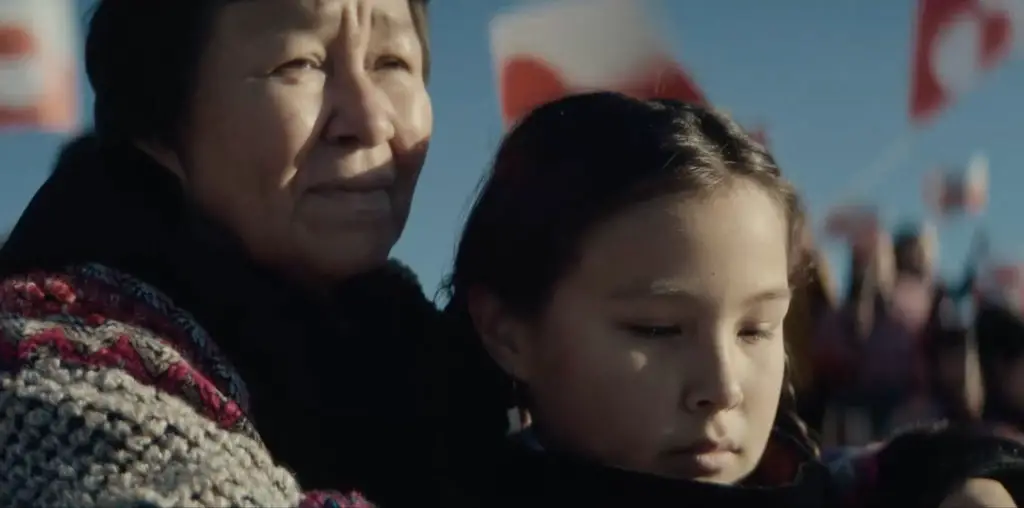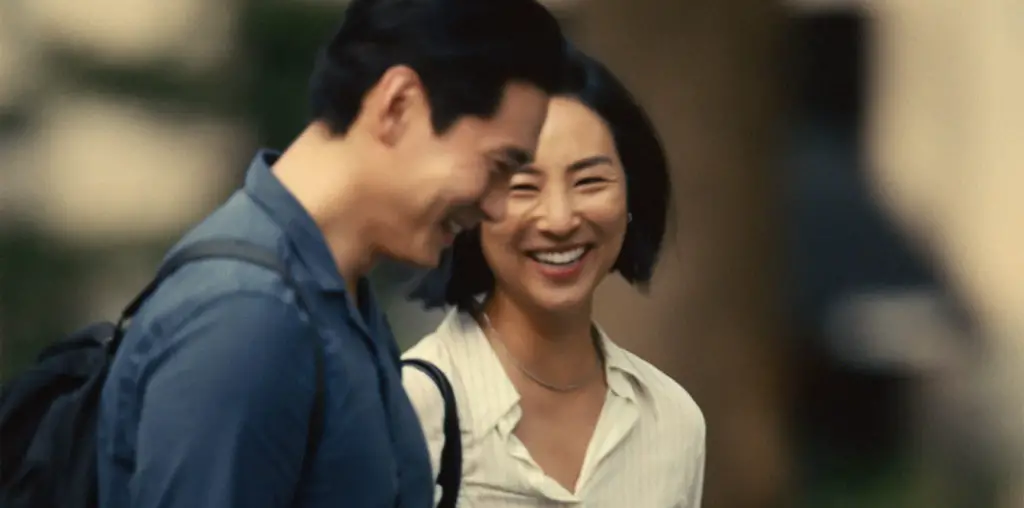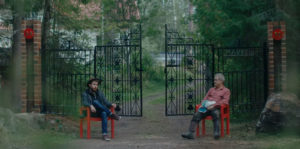
LOCARNO FILM FESTIVAL 2023 REVIEW! Director Markus Toivo’s Wanha Markku studies how generational gaps fuel a difference between thought processes and outlooks toward life and the world. The documentary is named after a poem about a man named Markku who returns from war to find his house destroyed. Markku Aho’s story is coincidentally similar, at least metaphorically. Aho, a father of seven, went away from his home – becoming estranged from his seventh-born child, Toivo. When he returned, he began rebuilding his house, which was left under construction. Still, Aho couldn’t seemingly bring the essence of a family home to it.
Thirty years later, Toivo has joined his father to finish welding the last segment of the house, a gate. With this act, he hopes to bridge the generational and emotional gap between father and son. This personally significant documentary feels like the filmmaker’s journal. He kept close to his emotions for many, many years. Toivo never had a role model, growing up without the presence of his father as he did. This certainly took a psychological toll on him, eventually shaping his personality. In casual conversations and moments, Tovio joins old Markku Aho in his daily routine and brings forth several concerns. He asks all the questions he has tried to figure out answers to these past years. It’s not a confrontation but a quest to close a long-open chapter of each of their lives.
Wanha Markku studies how the generational gap fuels a difference between thought processes and outlooks toward life and the world. Toivo and his father uproot the reason behind this difference and reflect on how the previous generation was raised in a relatively regressive and uptight environment. In contrast, the current one, open to online exploration and fresh perspectives, pushes to become mentally ajar. The film doesn’t debate the rights and wrongs of the two counterparts and only emphasizes their individual truths.
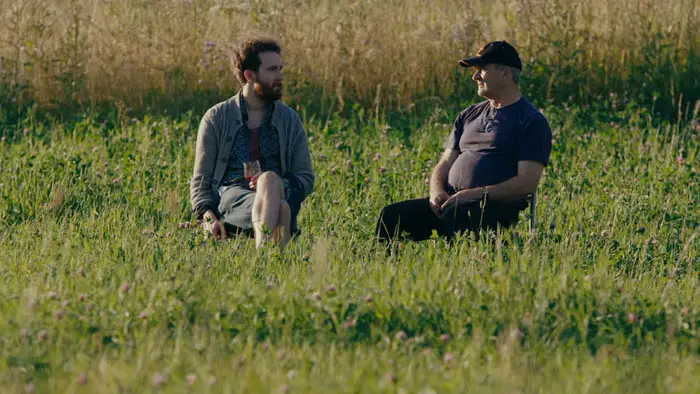
“…Toivo has joined his father to finish welding the last segment of the house…”
The father-son duo discusses the societal definition of being a man and the changing perception concerning gender stereotypes. There is a subtle contrasting reference to now-changing ideas and the importance associated with mental health and therapy, which reflects how it could be a plausible solution to help the two generations bridge the considerable gap and start communicating to reach a consensus. There is a clear focus on both men’s personal opinions and biases based on their life experiences and the environment they grew up in. Notably, these casual factors take precedence in several facets of life, which come forward in the father-son interactions.
Toivo’s metaphorical parallel between an unfinished house and an incomplete upbringing intensifies Wanha Markku. The family home has remained unfinished, whereas an emotional connection between a father and son has also remained unexplored. And hence, both of them have never truly experienced being at “home” and have forever lived under the roof of a “house.” Yet, even in harmony, an emotional disconnect is felt, especially when Aho invites his other kids for a meal at the family home. This further emphasizes how all parental choices impact the next generation in every way possible. The director is very thoughtful in conveying that you may never control those implications and never wholly fill the subsequent gap; however, there is always room for talking things out if you are willing to.
But again, beyond every theme and discussion, Wanha Markku is a deeply personal project. Toivo’s documentary portrays his beautiful ability to make cinema personal. It exemplifies the medium’s quality to convey something beyond the technicalities of storytelling or filmmaking. It shows how film can illustrate thoughts and help open one’s mind for the better. Toivo unburdens himself of a huge load and solidifies the significance of movies as an art form in general life.
Wanha Markku screened at the 2023 Locarno Film Festival.
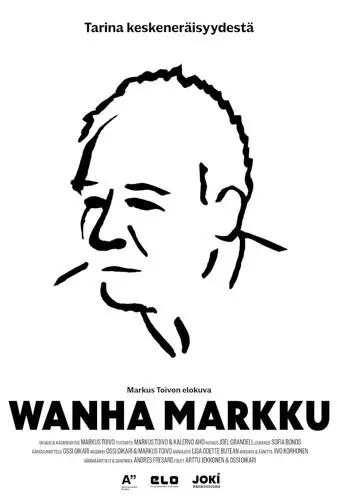
"…exemplifies the medium’s quality to convey something beyond the technicalities of storytelling..."
